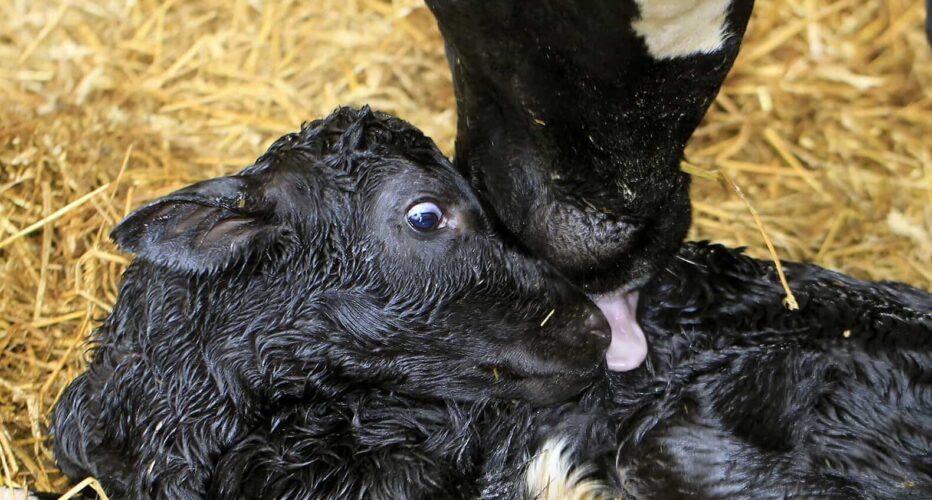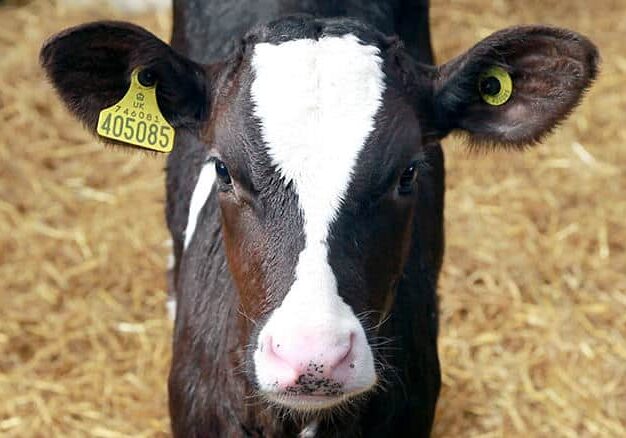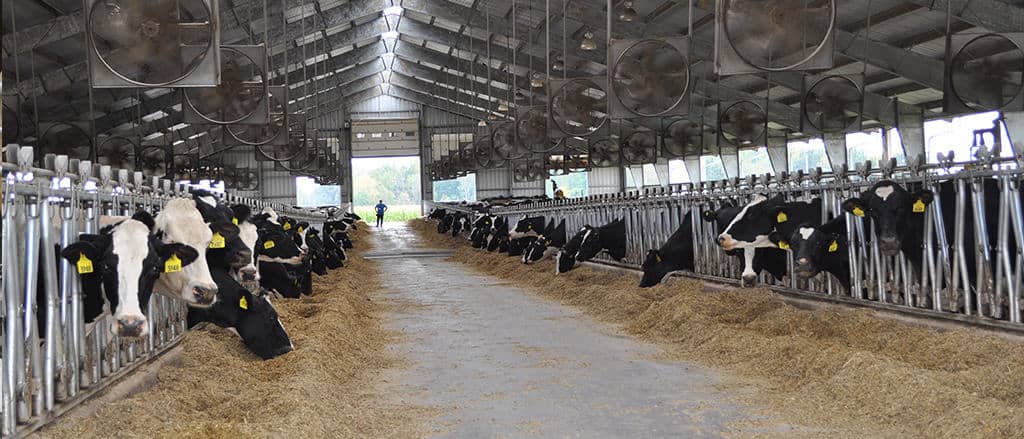Important news from the Council on Dairy Cattle Breeding (CDCB), Holstein Association USA, Inc. (HAUSA), and the National Association of Animal Breeders (NAAB):
Data from the December 2021 genetic evaluations for conformation traits on females were mistakenly loaded onto the Holstein Association USA (HAUSA) database and sent to the Council on Dairy Cattle Breeding (CDCB). This error significantly affects the Predicted Transmitting Abilities (PTAs) of recently-classified cows, the genomic evaluations of bulls adding a large number of newly-classified daughters, as well as their descendants. Traits affected include PTA Type, linear type traits, overall type composites, Feed Saved, and the indices Net Merit $, Cheese Merit $, Fluid Merit $, Grazing Merit $ and TPI™.
Older cows and well-proven bulls should show little change. The international proofs are unaffected as only bull data from our traditional genetic evaluations contribute to MACE. New files (CDCD file 38, CDCB genomic files and HAUSA Type Files) will be reissued for our industry partners at 7:00 a.m. EDT on April 12. U.S. genetic websites will be refreshed with new information on Tuesday, April 12. Data at www.naab-css.org such as dairy cross reference and active, foreign and genomic status lists will be available on Thursday, April 14, at approximately noon CDT.
Only evaluations for the Holstein breed are affected. For non-Holstein animals, producers, animal owners and breed associations can advance with confidence in use of the April 5 evaluations. However, official NAAB active (A), foreign (F) & genomic (G) status updates for all breeds will be released simultaneously for all breeds on Thursday, April 14.
The decision to re-issue the Holstein evaluations was made by the CDCB Board of Directors. Publication on April 12 allows coordination with the next weekly genomic files and a series of cross-checks for accuracy. Our top priority is to provide accurate information, and we have already begun implementation of the necessary steps to re-issue the genetic evaluations with confidence and integrity.
We sincerely apologize for the inconvenience that this causes and the subsequent delay in completing the April 2022 genetic update. Be assured we will work collaboratively with all data partners to understand how this misstep occurred and implement controls and processes that continue to guarantee data accuracy of the US genetic evaluation system.





